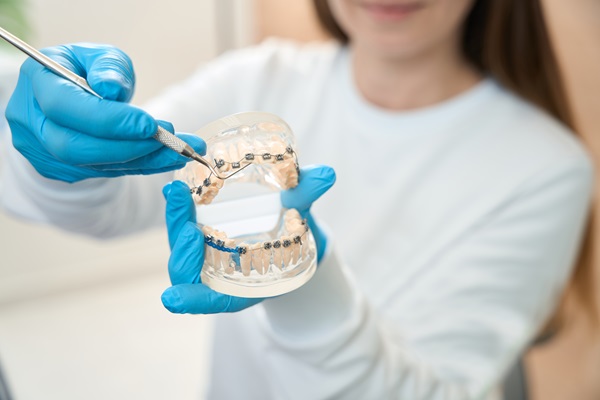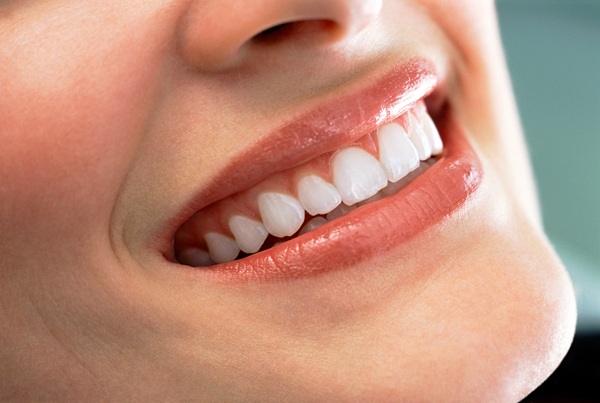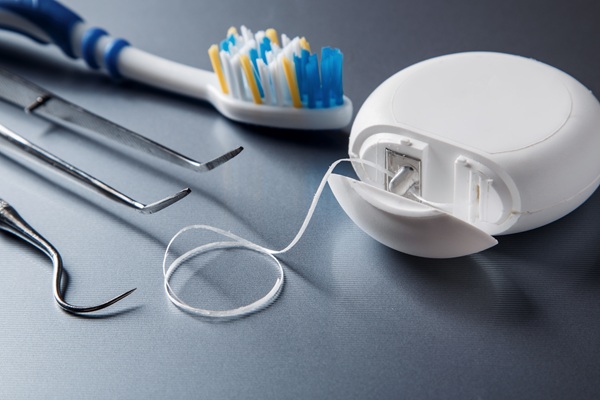Teeth misalignment is a common issue for many Australians for many reasons. Children and adults seem to have this teeth problem, and while some may only see it as inconvenient and aesthetically unpleasing, it presents significant problems for biting, chewing and eating.
Because of these pressing problems, dentists and orthodontists typically recommend dental braces as one of the most common treatments to correct teeth alignment issues. But for some, they find themselves asking the question: Do I really need dental braces?
What many people don’t know is that getting braces isn’t just about aesthetics—it can impact your overall oral health and well-being. Here are some of the reasons why it may be the best time for you to get fitted with your own dental braces.
How To Know If You Need Dental Braces
Crooked or Misaligned Teeth
Crooked or uneven teeth are one of the main reasons people get dental braces.
When teeth are out of line, it can be hard to clean every angle well. This problem would somehow lead to plaque buildup, gum problems, and tooth decay. Braces help straighten your teeth, making your smile look better and making it easier to keep your teeth clean and healthy.
Aside from misaligned teeth, if you’ve seen that your teeth overlap or have gaps, orthodontic treatment might be the right choice. Straight teeth are easier to clean and less likely to get damaged, which could help you avoid spending time and money on future dental work.
Read: The Orthodontic Treatment Timeline: What Does it Look Like?
Bite Issues and Problems
There are several bite issues people face that limit them when it comes to eating, drinking or even breathing.
Bite problems, like overbite, underbite, or crossbite, happen when the top and bottom teeth don’t line up properly. These issues can make chewing or speaking uncomfortable and may even cause jaw pain. If not treated, bite problems can get worse over time and lead to bigger dental issues.
Braces can slowly move your teeth into the right position, helping your bite line up properly. Fixing a bite problem can also lower the risk of wearing down your teeth, protect the enamel from damage, and ease any discomfort you might feel when eating.
Jaw Issues and Problems
Aside from bite problems, jaw problems such as jaw misalignment can also happen because of crooked teeth or bite problems.
If you often have jaw pain or hear clicking or popping sounds when you open your mouth, it might be a sign of temporomandibular joint (TMJ) dysfunction. If left untreated, TMJ issues can lead to headaches, facial pain, and trouble moving your jaw over time.
Braces can help align your teeth and jaw, potentially reducing or eliminating TMJ-related problems. By ensuring that your bite and jaw function correctly, braces can prevent long-term discomfort and improve your overall quality of life.
Impaired Speech and Breathing
Did you know that teeth alignment can affect how you speak? Misaligned teeth can cause speech impediments, such as lisping or difficulty pronouncing certain sounds. Braces can help align your teeth, and when they are, you’ll be able to correct these issues, improving your speech clarity and confidence when talking.
Negative Image of Self-Confidence
Your smile plays a big role in your self-confidence. If you feel self-conscious about crooked teeth or gaps in your smile, braces can help you achieve the straight, even smile you’ve always wanted. The positive impact braces give to your appearance can significantly boost your self-esteem, making you face each day with a smile across your face.
A more aligned smile can also affect how others perceive you, which presents you with a more confident and outgoing demeanour. Whether you’re preparing for a big event or simply want to feel better about your appearance, braces can give you the confidence boost you need.
Teeth Grinding or Bruxism
Teeth grinding, or bruxism, is a common condition that can lead to enamel wear, tooth sensitivity, and even cracked teeth. Usually, bruxism is caused by misaligned teeth or bite issues—and by correcting these problems with braces, you can reduce or eliminate teeth grinding, protecting your teeth from further damage.
Sometimes, you might wake up with a sore jaw or notice signs of wear on your teeth—this is also another sign of bruxism. When you always experience this, braces could be a beneficial treatment to alleviate the underlying cause. Remember, treating bruxism early can prevent more serious dental problems from developing later on.
Tooth Wear and Vulnerability
When teeth are misaligned, they can rub against each other in unnatural ways, leading to premature wear. When this continues, it can potentially damage the enamel, making your teeth more susceptible to cavities and sensitivity. Braces can help distribute the pressure evenly across your teeth, preventing this excessive wear.
How do these dental braces work? By correcting your bite and alignment, braces ensure that your teeth are not exposed to unnecessary friction, helping to maintain your enamel’s health and longevity.
Read Next: Orthodontic Solutions to Issues on Occlusion
Do You Think You Need Dental Braces?
Braces do more than just make your smile look better—they help with a variety of dental and health issues. Braces can fix crooked teeth, improve your bite, boost your confidence, and make it easier to clean your teeth.
If you’re facing any of the problems mentioned, it might be time to talk to a dentist about getting orthodontic treatment. By treating these issues early, you can protect your teeth, improve your health, and enjoy the confidence of having a straight, beautiful smile. Our team at Bellevue Hill Dental offers extensive dental braces solutions to help with your teeth misalignments. Whether you’re young or old, it’s never too late to get your teeth checked if you need braces.
So, do you think you need dental braces? If you’re undecided yet, you can always, book a consultation with our friendly staff or call our line at (02) 9158 1530 and let us help you in managing your oral health.



